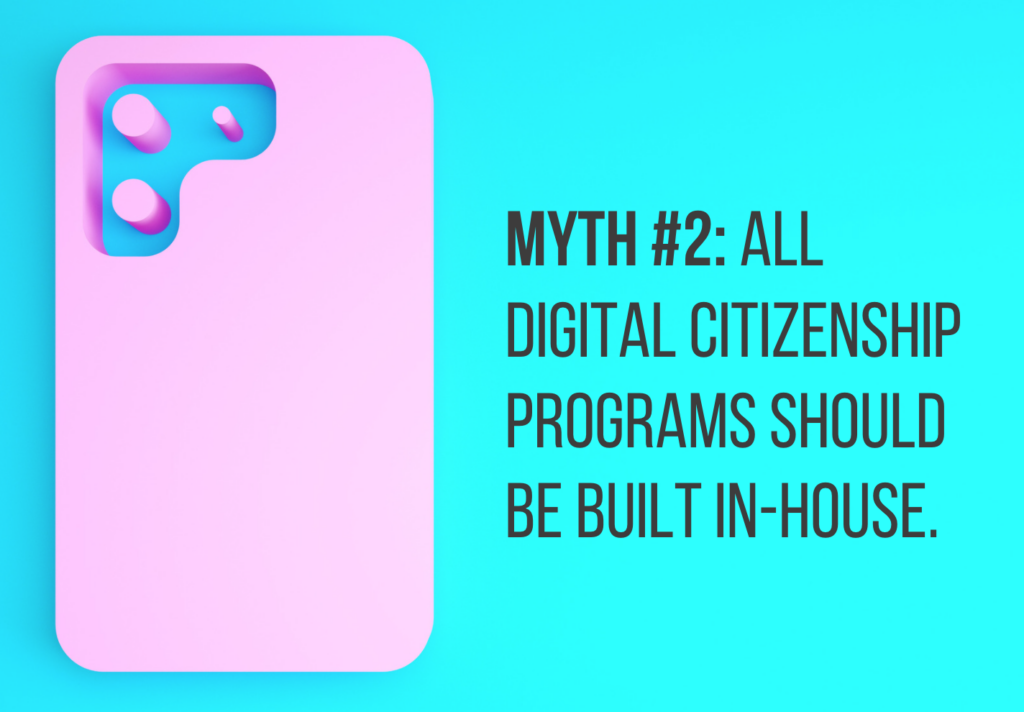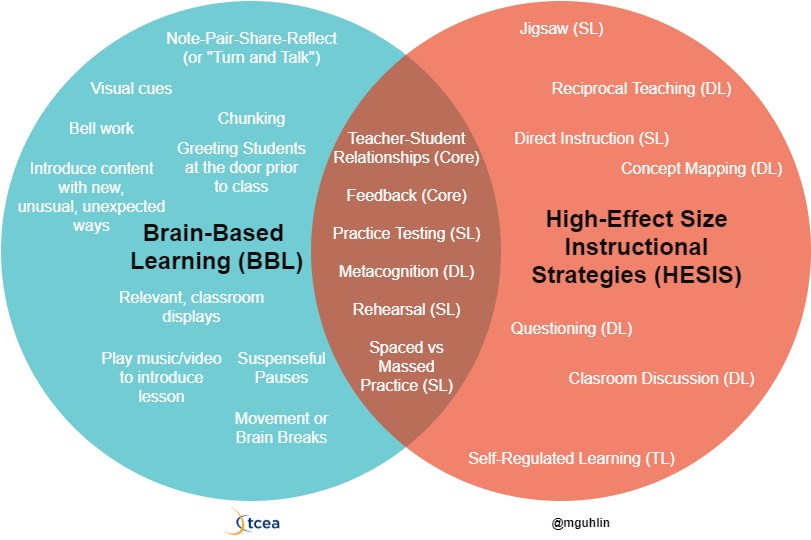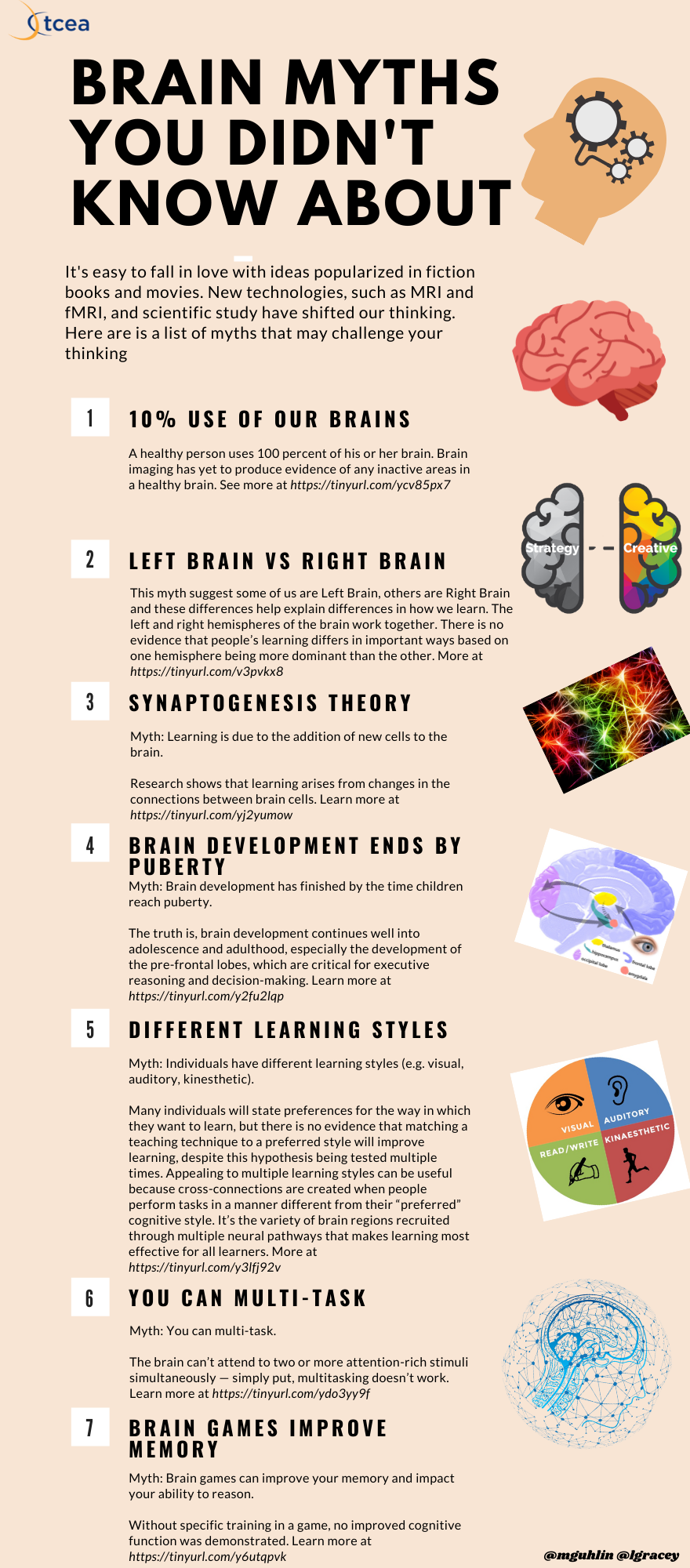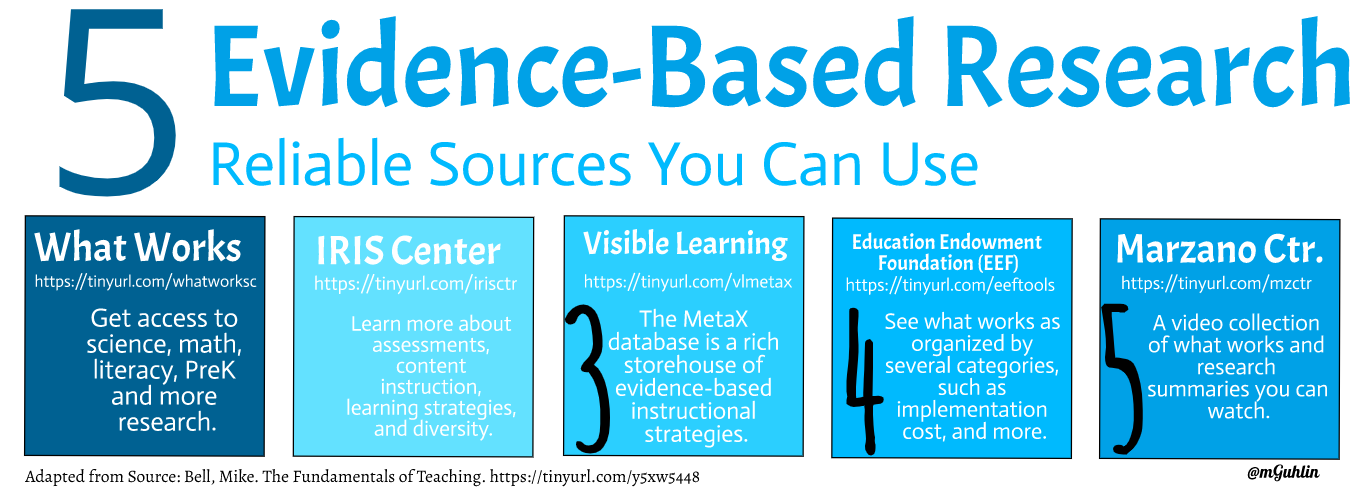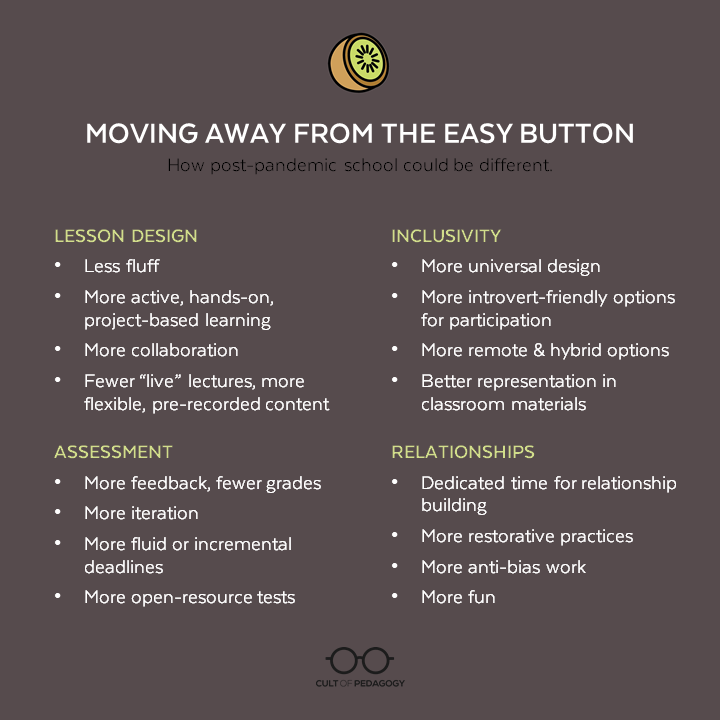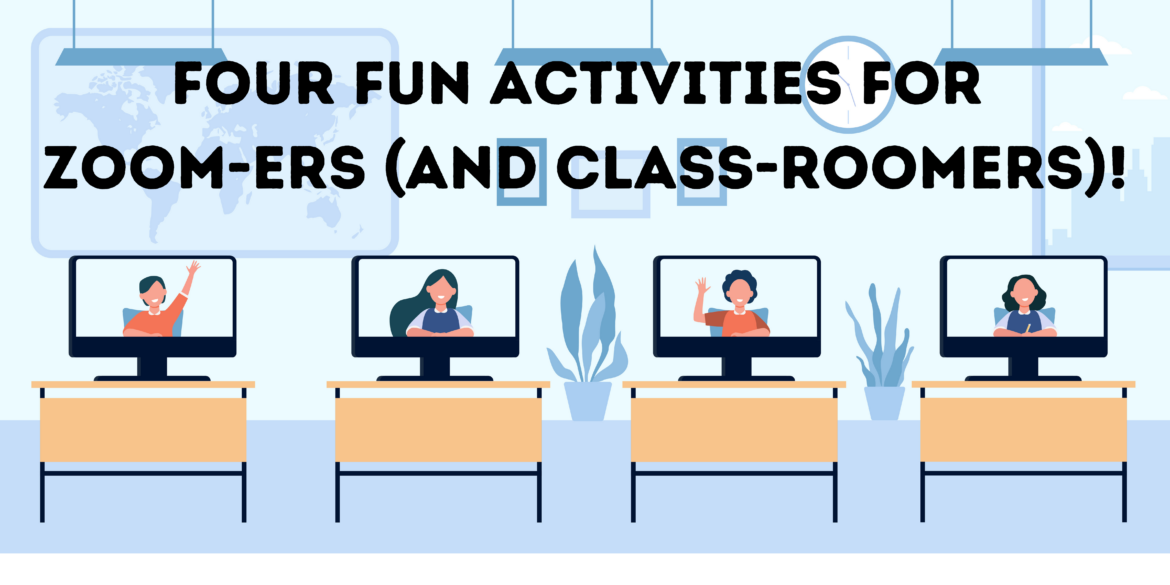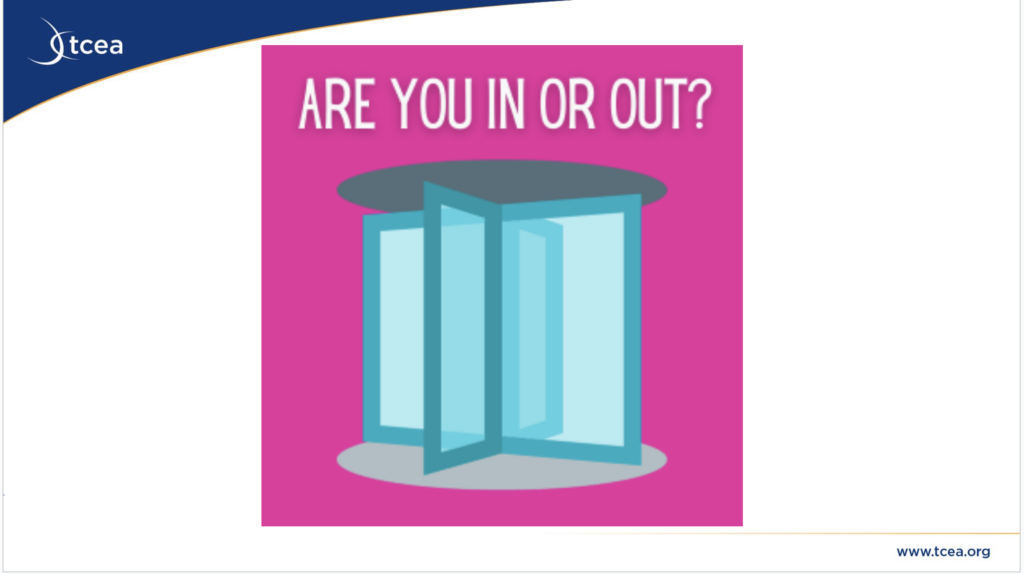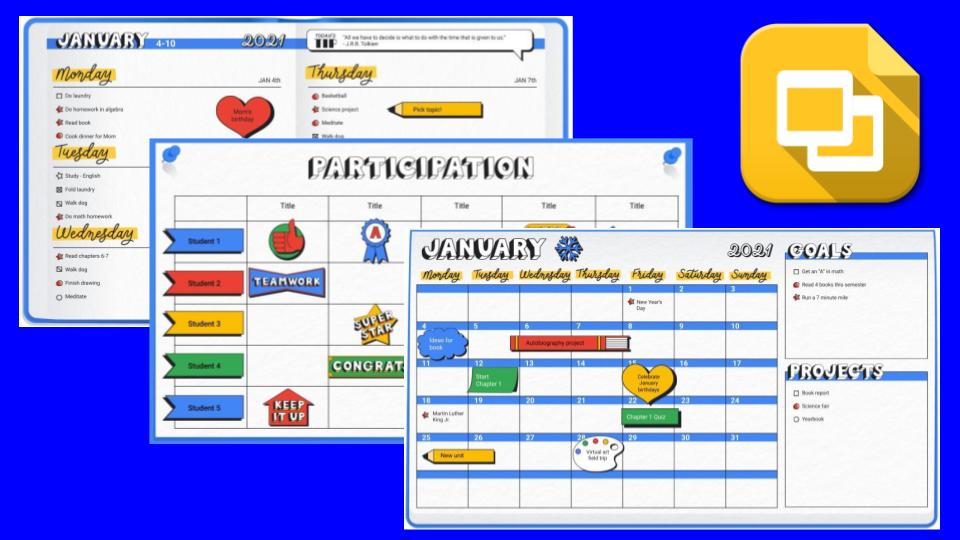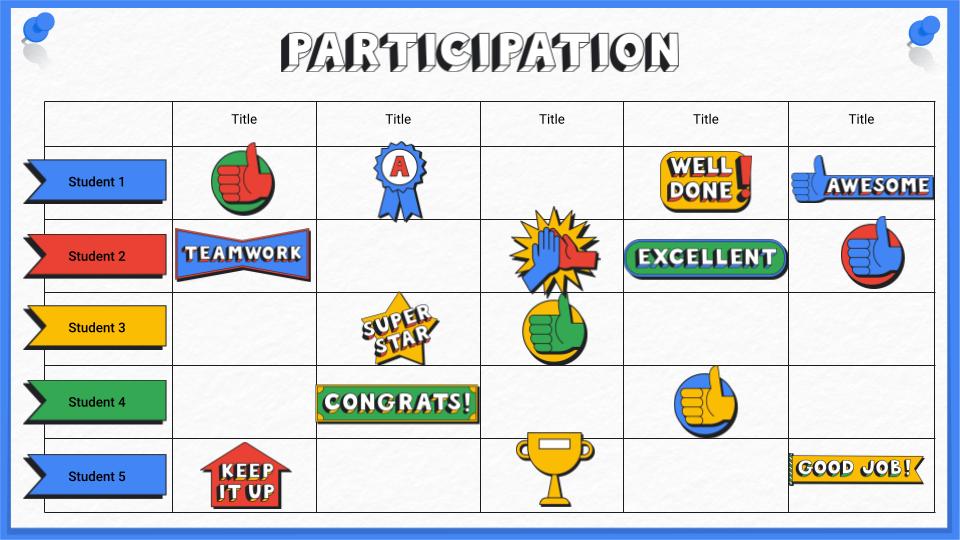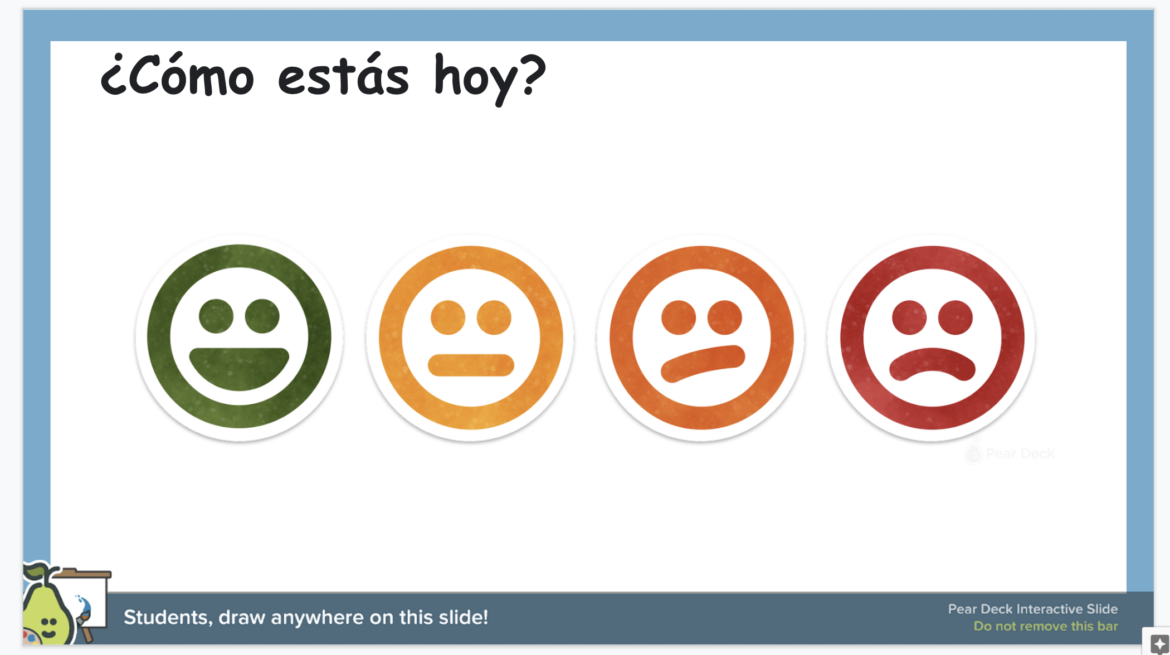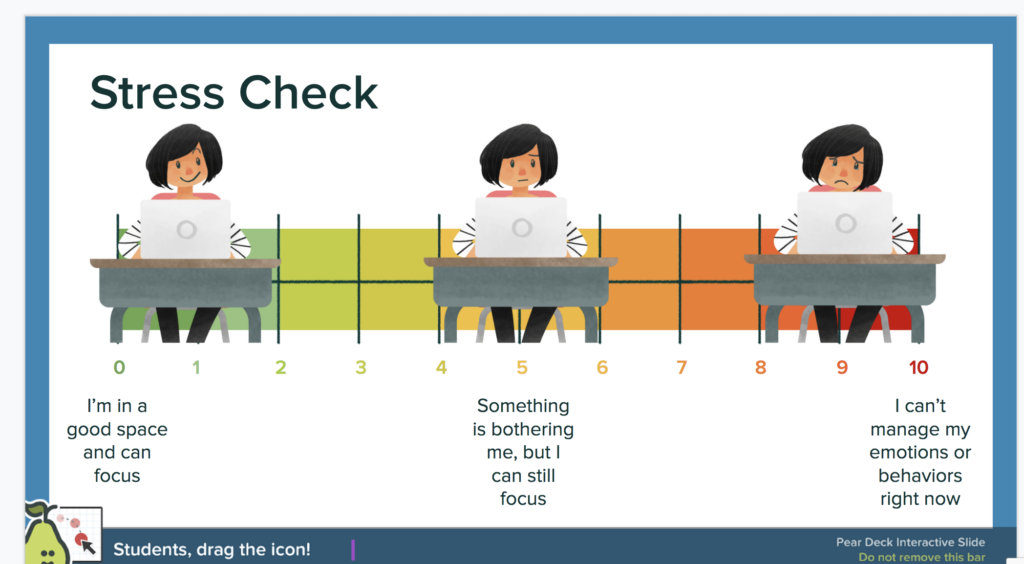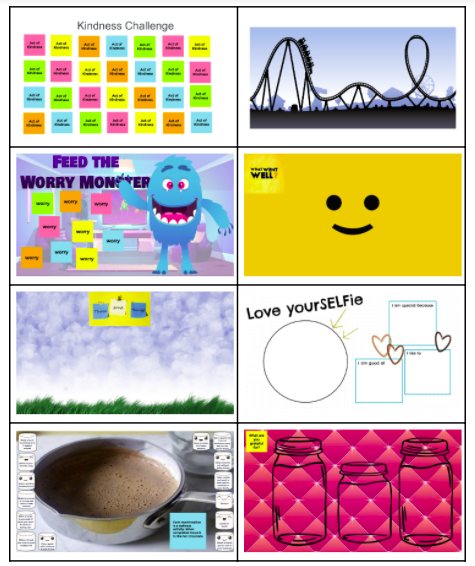Yesterday, I completely forgot about a lesson that I was teaching in a classroom for a teacher. I was absorbed in a task and completely lost track of time. Imagine my mortification when I called the teacher and apologized for my inexcusable behavior. I felt that I had let the teacher down, and I truly believed that I would have to work extra hard to make up for my mistake. Guess what? The teacher forgave me. She told me not to worry about it, and we set another time so I could come into her classroom to teach the lesson. Life went on, and my error was forgotten. The teacher gave me grace. She forgave me, even though I did not deserve her forgiveness.
What is grace?
Grace is forgiveness from someone that is unexpected and undeserved. It shows kindness to someone else even when they don’t necessarily deserve it. As educators, we give each other grace all the time, but there are two sides to grace. What about giving ourselves grace for our faults and imperfections?
It is very common to be our own worst critic. We often worry about being perfect or making everything perfect. Self-grace allows us to be our best selves for our students and others around us. We can start taking steps to give ourselves the same grace that we freely give to those around us. It is not always easy, but it is a practice that we can all benefit from.
1. Give yourself permission not to be perfect.
We are all human, and we all make mistakes. There is a reason why pencils have erasers. Allow yourself to make mistakes, be forgiving toward yourself, and give yourself grace for things that don’t meet the standard or expectation you have set.
Mistakes are an essential learning tool for everyone. I love the phrase “failing forward.” The purpose of failing forward is to find success in failures. We will never learn if we don’t make mistakes and reflect on them. And it is in the struggle that we learn the best lessons.
2. Have realistic expectations for yourself.
In the world of Pinterest and Instagram, there are countless examples of completing a task in education. Some of these examples are extravagant and over the top, while others are simple and to the point. Which option is acceptable to complete the task? Not every task needs to be worthy of social media. Give yourself the grace to do less and achieve the same results.
Sometimes it isn’t easy to give ourselves permission to do something differently. All tasks do not require 100% of your effort. Sometimes 80% effort might be enough, so the rest of your energy can go elsewhere. It is okay not to be perfect in every task that you tackle. Delegate your effort appropriately to each task so that you don’t drain yourself and burn out too quickly.
3. Let go of something that is not required.
Take a close look at all you are doing at school. Some tasks are required of your position; however, there are many things we choose to do that are not essential tasks. We sometimes add more to our plate than what is required and can make tasks more complicated than they really need to be.
What is one thing that you can let go of? You might examine why things are done the way they are done in your school. What is normal at your school may not be normal at other schools. Perhaps there is a better and simpler way to do something that can save you (and maybe even others) time and energy.
Sometimes letting go of something is as easy as saying “no” when asked to do one more thing. The plates of educators are full right now. You know what is truly required of your position. Give yourself permission to turn down extra tasks when appropriate.
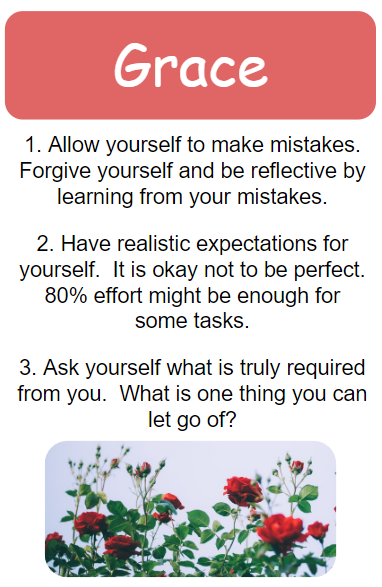
Grace is very important in education right now, and self-grace is a practice that will help us all be our best selves for those around us. But not only that, it also allows us to be our best to ourselves.
Alison Jalufka of Liberty Hill ISD will be presenting two sessions at TCEA 2022: Explore Social-Emotional Learning, Mindfulness, and Mindful Movement and High Impact Instructional Strategies to Add to Your Teaching Toolbox. Don’t miss her this February! Haven’t registered yet? There’s still time.




